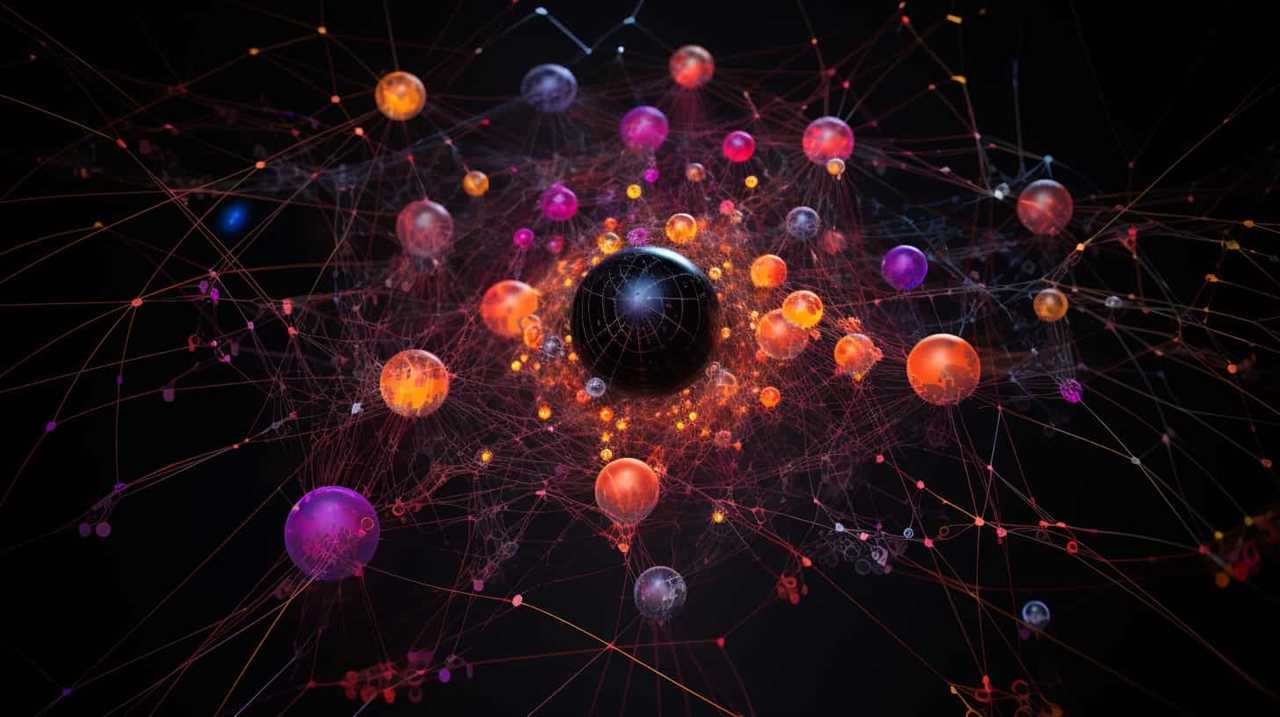AI-Enhanced Diagnostic Tools
AI algorithms are transforming medical imaging scans, detecting abnormalities with precision, allowing for early intervention and improved patient outcomes. Virtual patients based on age, medical history, and symptoms provide insights for personalized treatment plans.
Automated Treatment Planning
Robotic surgery and telemedicine applications improve accuracy and effectiveness in treatment planning, ensuring each patient receives the most appropriate and effective treatment.
Precision Medicine and Personalized Treatment
Genomic profiling tailors therapeutic interventions to individual genetic makeup, leading to successful treatment outcomes and targeted therapies that address underlying causes of diseases.
Real-Time Monitoring and Predictive Analytics
Continuous monitoring and predictive analytics allow for early disease detection, personalized treatment plans, and more efficient care delivery, potentially saving lives and improving patient outcomes.

AI-Powered Surgical Assistance
Virtual reality training and robotic surgery enhance surgical precision, reduce errors, and provide valuable insights and guidance to surgeons, ultimately improving patient outcomes.
Key Advancements in Medical AI
AI algorithms and machine learning improve diagnostic accuracy, treatment planning, personalized medicine, patient outcomes, and surgical precision, revolutionizing traditional healthcare methods.
Mind-Body Connection and Holistic Well-Being
Understanding the link between psychological well-being and physical health is crucial for optimal well-being, emphasizing the importance of mental and physical health balance.
Impact of Diet and Lifestyle on Health
Dietary choices and lifestyle modifications play a significant role in overall health and well-being, focusing on holistic nutrition, sleep hygiene, and stress management for a healthier lifestyle.

Benefits of Herbal Medicine and Supplements
Herbal medicine and supplements offer natural remedies to support the body’s healing process, promoting overall well-being and providing alternative therapies for comprehensive diagnosis and treatment.
Acupuncture and Traditional Chinese Medicine
Acupuncture restores balance and promotes well-being by stimulating energy flow, while Traditional Chinese Medicine focuses on holistic therapies to boost health and emphasize holistic nutrition for well-being.
Energy Healing and Alternative Therapies
Energy healing techniques and complementary therapies enhance holistic approaches, addressing a wide range of health concerns through practices like Reiki, aromatherapy, and emotional support.
Integrative Medicine and Collaborative Care
Integrative healthcare combines conventional medicine with complementary therapies, while collaborative care involves a multidisciplinary approach to create individualized treatment plans, optimizing patient outcomes through a holistic approach.

Conclusion
Exploring holistic approaches to healthcare offers interconnected possibilities for optimal health and well-being, emphasizing a comprehensive and vibrant approach to healing and balance.










